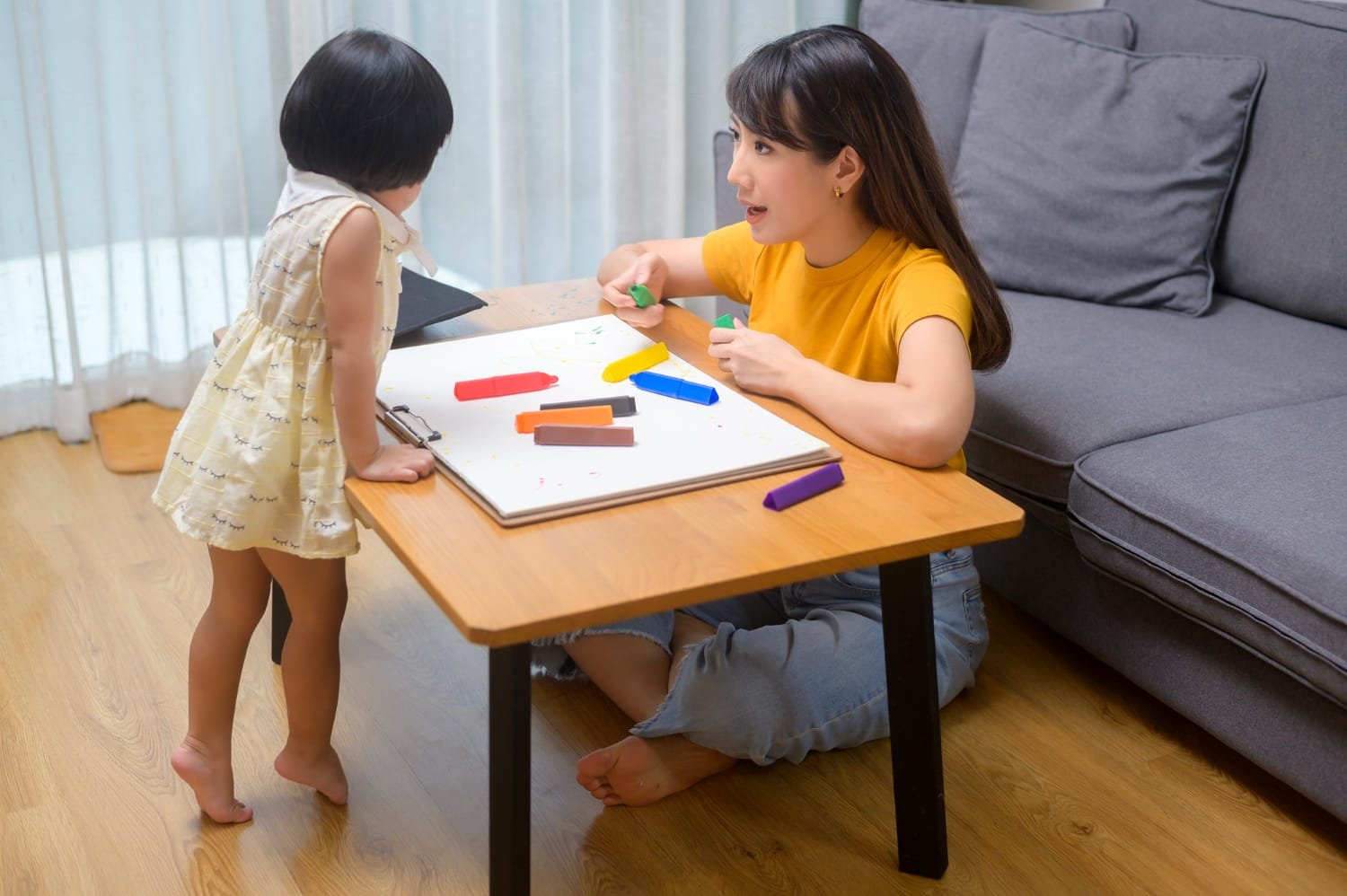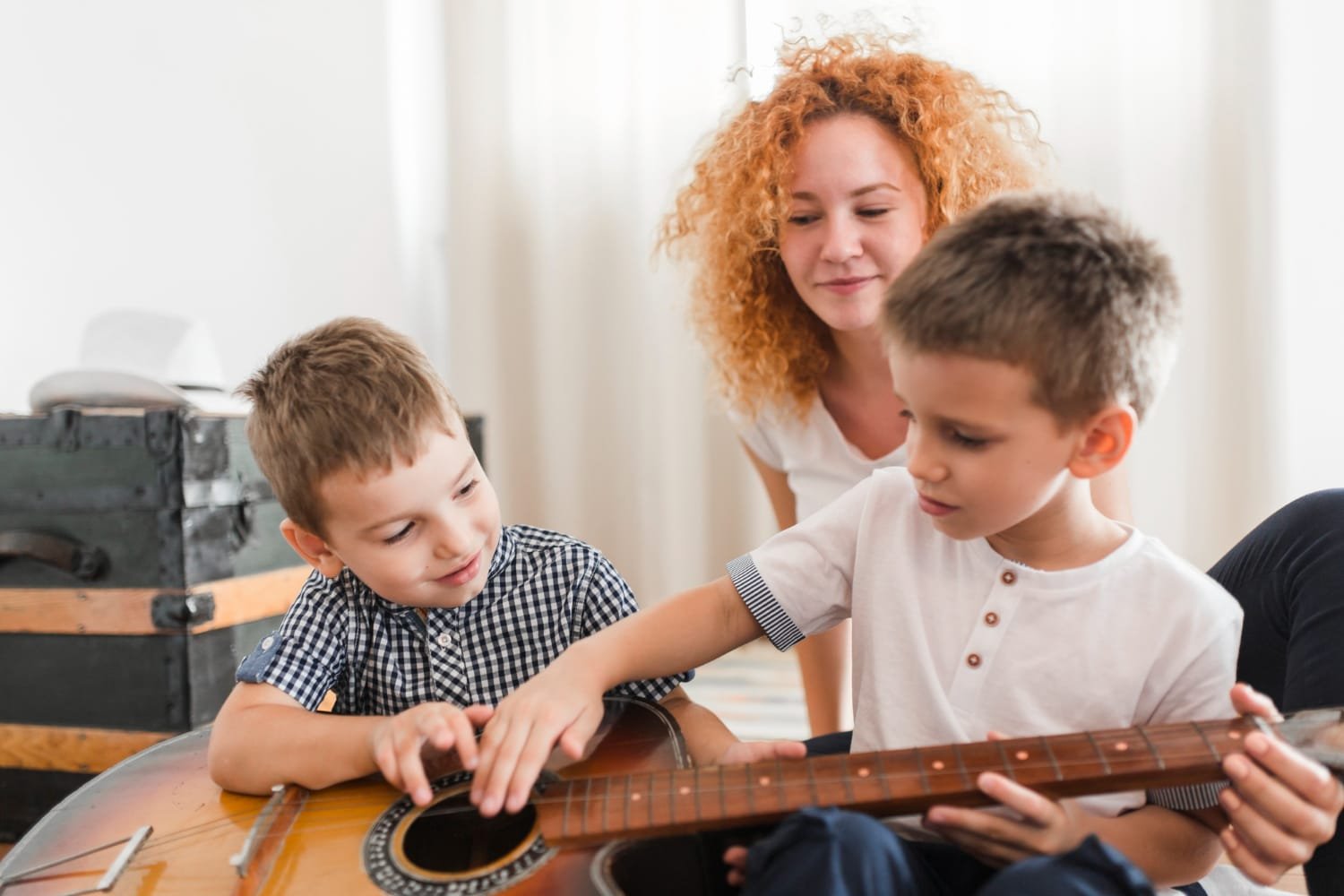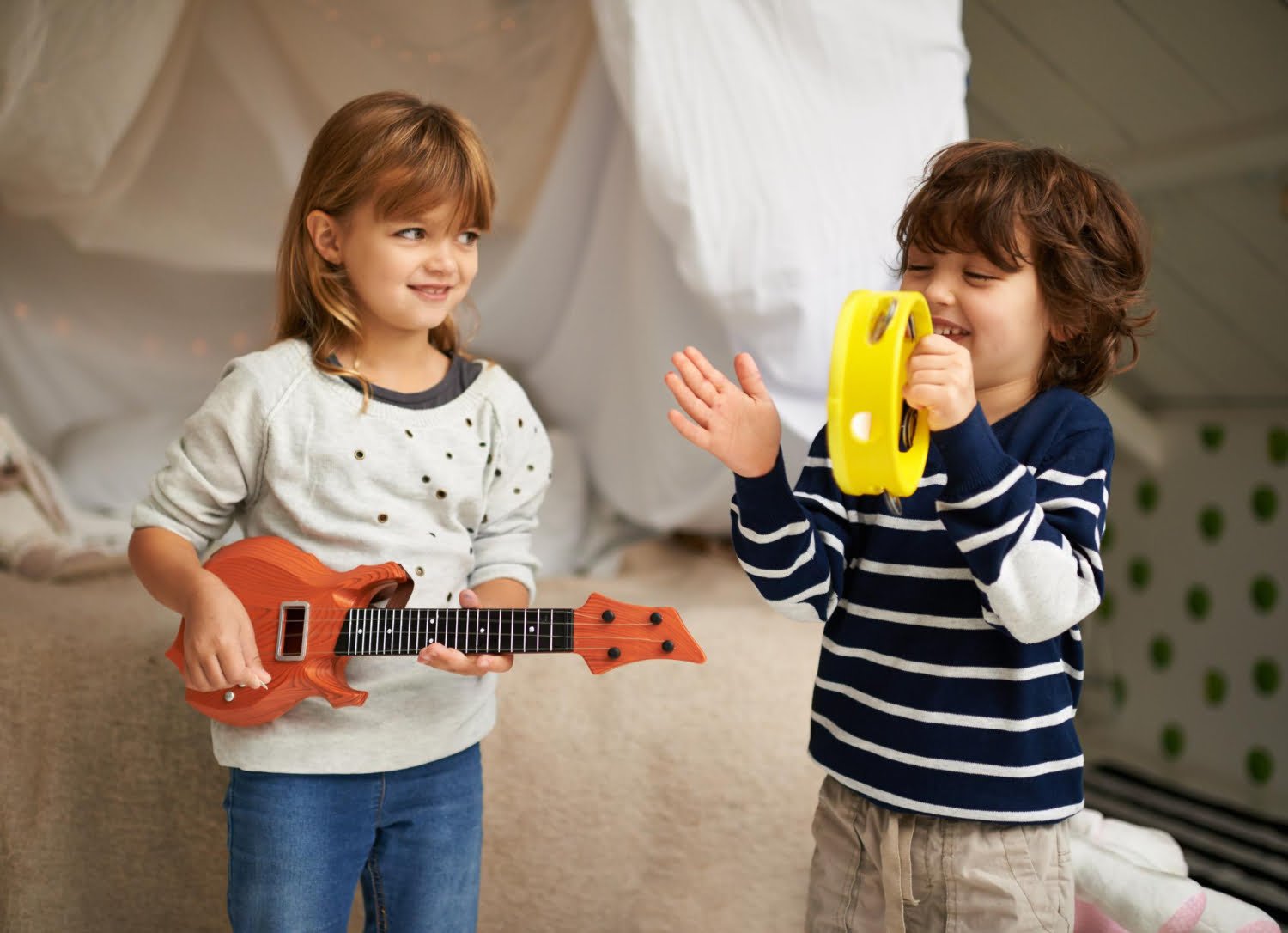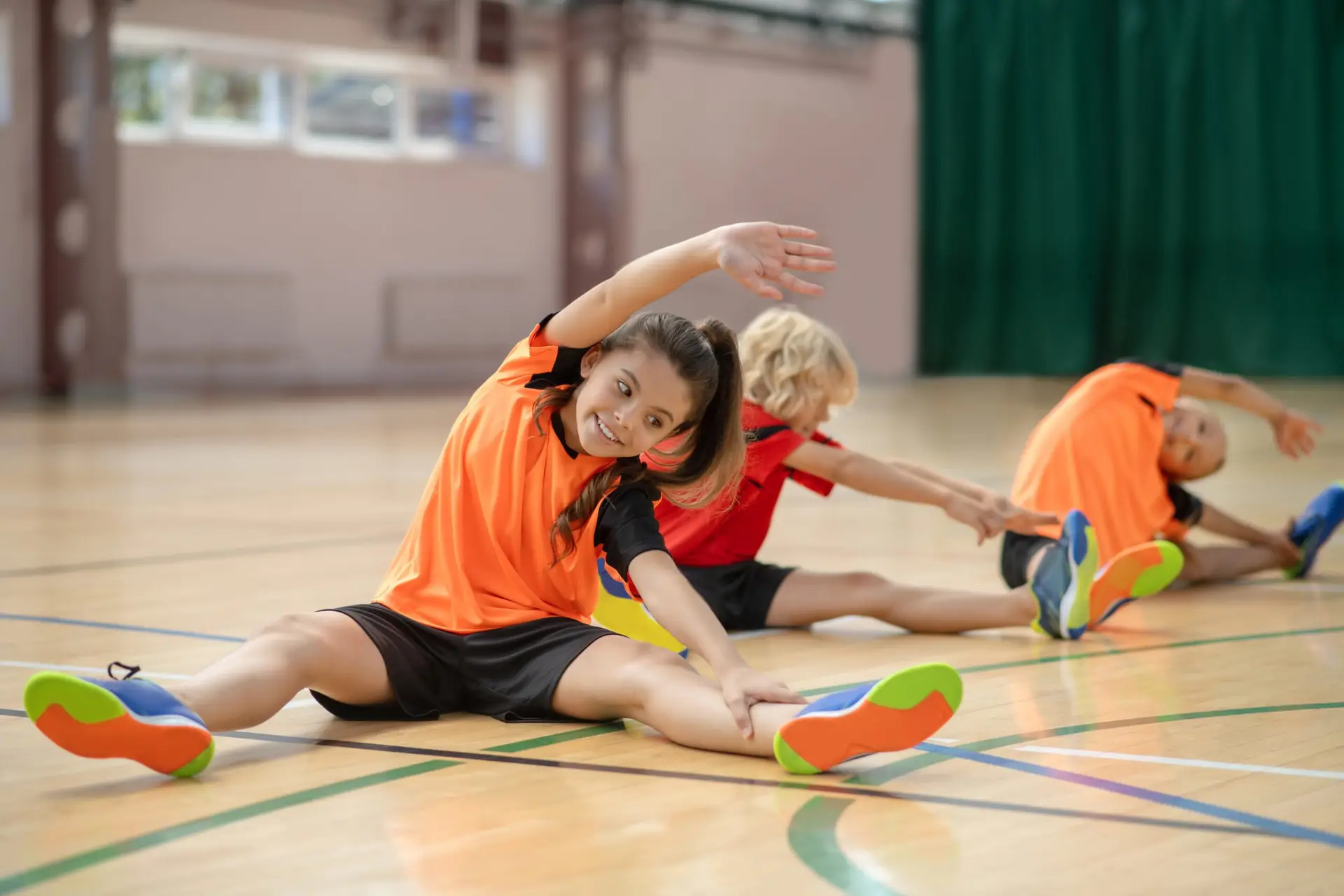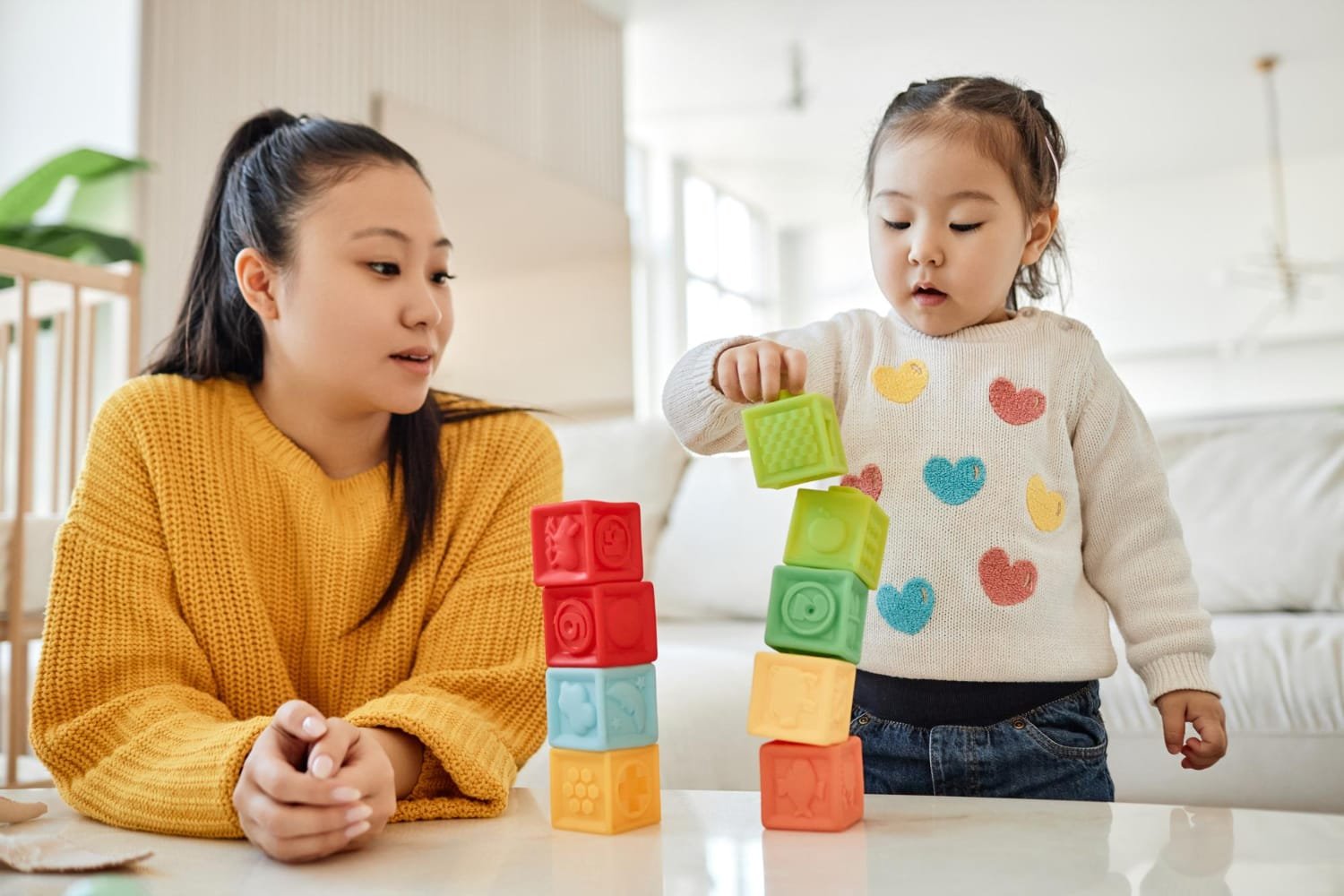Reach, Grasp, Explore: How to Keep Your 8 Month Old Entertained at Home with Fine Motor Activities.
Is your 8-month-old a tiny tornado of energy? Always on the move and exploring? You’re not alone! At this age, babies are eager to discover the world through touch and movement. We’re here to guide you on a journey of discovery, where playtime becomes a brain-boosting adventure. We’ll unlock the secrets of fine motor skills and show you how to keep your 8-month-old entertained at home with exciting activities that are both fun and educational. Get ready to unleash your baby’s inner genius!
Why Fine Motor Skills Matter
Do you recall how wonderful it was to have your baby clasp your finger for the first time? That little hand reaching out to grasp yours was the start of an amazing developmental process of fine motor skills. These milestones, which encompass the small muscles of the hands and fingers, go beyond being beautiful achievements. They form the basis of an independent life and study throughout the entire life span.
Fine motor skills are essential for performing daily tasks such as buttoning shirts, tying shoelaces, writing, and drawing. Dr. Sarah Lytle, a pediatric occupational therapist, highlights their significance for children as they interact with their environment. These skills enable kids to explore, manipulate objects, and express their creativity. Let’s help our little ones develop these vital abilities!
Engaging in fine motor activities enhances hand-eye coordination, improves agility, and can even boost problem-solving skills. A study published in the journal Child Development found that infants who participated in these activities demonstrated better cognitive performance in later childhood. By nurturing your baby’s fine motor skills now, you’re not only assisting them in mastering everyday tasks but also significantly enhancing their cognitive development!
And let’s not overlook the pleasure of relationships! Interacting with your child while playing any fine motor games brings that feeling of warmth for one another and those endearing moments that will forever be cherished.
Sensory Exploration for Tiny Hands
At the age of 8 months, your child can barely reach an explorer’s level, as they wish to touch everything within their reach simultaneously, grab onto things that are close to them, and discover the new world available for them to view and experience. Their senses are heightened, and every new texture, shape, and sound around them is new and engaging. Allow them to take the plunge into some sensory experiences, which will greatly help in enhancing a baby’s curiosity and development.
1. Texture Play
Try to visualize the joy when your baby meets different textures – the smoothness of velvet fabrics, the touch of cool stones, and the rustle of tissue paper, which is wrinkled for little ones. Every touch is a new beginning, a spark that attracts their senses and, in turn, fosters brain development.
It has been established that sensory play is important for cognitive development. According to a study published in the journal Frontiers in Psychology, sensory play enhances attention, memory, and problem-solving skills in babies. It also supports their language development and social-emotional growth.
Create a texture playground:
- Gather a collection of textured objects: fabric squares, smooth stones, crinkly paper, and natural materials like pinecones and leaves.
- Present one or two objects at a time: This helps your baby focus and fully appreciate each unique sensation.
- Observe and interact: Watch as your baby explores the objects and gently encourage them to touch, grasp, and transfer them from hand to hand.
Ideas for Texture Play:
- Textured balls: Look for balls with different textures, like nubby balls, soft plush balls, and textured rubber balls.
- Fabric squares: Cut up different fabrics and let your baby explore the variety of textures. You can even create a “texture book.”
- Sensory bottles: Fill clear plastic bottles with colorful liquids, glitter, and small objects. Seal them tightly and let your baby shake, explore, and observe.
2. Object Manipulation
At 8 months old, your baby becomes a master manipulator! They’re eager to pick up objects, examine them from all angles, and experiment with different ways to hold and move them. This is a critical stage in their fine motor development, and you can support it with simple, engaging activities.
Dr. Lytle highlights the benefits of babies handling and exploring objects. This hands-on play improves their hand-eye coordination, spatial awareness, and problem-solving skills while also strengthening their hand and finger muscles. These skills lay the groundwork for future activities.
Encourage object manipulation:
- Provide a variety of objects: Offer objects of different sizes, shapes, and weights to challenge your baby’s grasp and coordination.
- Encourage transferring objects: Show your baby how to pass an object from one hand to the other.
- Create opportunities for reaching: Place toys slightly out of reach to motivate your baby to stretch and grasp.
Ideas for Object Manipulation:
- Blocks: Choose blocks that are easy for your baby to grasp, like large wooden blocks or soft fabric blocks.
- Stacking cups: These colorful cups can be stacked, nested, and used for pouring and scooping.
- Rattles: Rattles provide auditory feedback, which adds another layer of sensory stimulation to the grasping experience.
3. Everyday Objects as Playthings
Who needs expensive toys when you have a whole house full of hidden treasures? Babies are naturally curious about everyday objects, and you can use this to your advantage! By repurposing safe household items, you can create a stimulating environment for your little one without spending a fortune. This is a great way to show parents how to keep 8 month 8-month-olds entertained at home while also sparking their creativity!
Household Items
Think beyond the toy box! Your kitchen, bathroom, and living room are treasure troves of fine motor fun. Just be sure to choose items that are safe and appropriate for your baby’s age.
“Babies are fascinated by the everyday objects they see adults using,” says Dr. Claire Lerner, a child development specialist. “By incorporating these objects into playtime, you’re not only supporting their fine motor development but also helping them understand the world around them.”
Here are some ideas:
- Plastic bowls: These can be used for stacking, nesting, and even as makeshift drums.
- Wooden spoons: Perfect for banging, stirring, and exploring different sounds.
- Measuring cups: These are great for scooping, pouring, and learning about volume.
- Sponges: Soft and squishy, sponges are fun to squeeze and can be used for water play.
- Cardboard boxes: Don’t throw away those empty boxes! They can be transformed into tunnels, towers, or even dollhouses.
Remember always to supervise your baby when they’re playing with household items, and make sure the items are clean and free of any small parts that could be a choking hazard.
4. DIY Sensory Bins
Sensory bins are fantastic for engaging your baby’s senses and boosting fine motor skills! The best part? You can easily make them at home using everyday materials. It’s a fun and creative way to support your little one’s development while enjoying quality time together!
“Sensory bins offer a rich and stimulating environment for exploration,” says Dr. Lytle. “They encourage babies to use their senses to discover new textures, shapes, and sounds. This helps them develop fine motor skills, cognitive skills, and even language skills.”
Here’s how to make a DIY sensory bin:
- Choose a container: A large plastic bin or storage container works well.
- Select a filler: Rice, beans, pasta, or even shredded paper can be used as fillers.
- Add some treasures: Hide small toys or objects within the filler for your baby to discover.
- Let the exploration begin! Encourage your baby to dig, scoop, pour, and explore the different textures.
Creative Play and Fine Motor Skills
It is often said that art is confined to adults only. However, painting, sculpting, and other forms of art involve gross motor skills and imagination, which is beneficial for infants. And yes, it is a fun and messy process that you both can enjoy!
5. Artful Adventures
Make sure to get ready to embrace the mess and let your mini-Picasso out! The world of art truly opens a plethora of possibilities for any child to explore and expand on. And at 8 months of age, your child is just at the start of discovering the beauty of creation.
“Art is a powerful tool for development,” Dr. Lerner states. “It enables babies to express themselves, explore their creativity, and develop essential skills such as hand-eye coordination, fine motor control, and problem-solving.”
Here are some art activities for your little Picasso:
- Finger painting: This is a classic for a reason! The sensory experience of swirling paint between their fingers is incredibly stimulating.
- Edible paint: If you’re worried about your baby putting paint in their mouth, try making edible paint with yogurt or pureed fruits and vegetables.
- Drawing with chunky crayons: These are easier for little hands to grasp, and they provide a satisfying scribbling experience.
- Stamping with sponges or vegetables: Cut sponges or vegetables into different shapes and use them as stamps.
6. Musical Exploration
All people share the same language, a language that brings joy to its audience, and that language is music. It is through music that development is achieved. Nikolay Rimsky Korsakov, who I consider a great scholar, author, and composer of urban music, once said that ‘music with the help of instruments opens the fabric of reality.’ Well, in that case, each training session for the child offers not only a sensory experience but also opportunities for the child to improve hand-eye coordination.
“Music has a profound impact on a baby’s development,” says Dr. Mary Luehrisen, a music therapist. “It stimulates the brain, enhances language development, and promotes social-emotional growth.”
Here are some musical instruments to try:
- Shakers: These are easy for little hands to grasp and shake, and they provide auditory feedback.
- Drums: Banging on a drum is a great way to release energy and develop hand-eye coordination.
- Bells: The gentle jingling of bells is soothing and captivating, and it encourages reaching and grasping.
- Xylophone: A xylophone with large keys is a great way to introduce your baby to different tones and rhythms.
Playful Learning: Activities for Development
Learning through play is the most joyful and effective way for your little one to grow! By engaging in playful activities, you can help your baby develop essential skills while having a blast. Here are some ideas to spark their curiosity and foster their growth, all while keeping that 8-month-old entertained at home.
7. Stacking and Sorting
Stacking and sorting activities are more than just fun and games. They help your baby develop important cognitive skills like problem-solving, spatial reasoning, and hand-eye coordination. Plus, they’re a great way to introduce early math concepts like size, shape, and color.
“When babies stack blocks or sort objects, they’re not just playing,” says Dr. Roberta Golinkoff, a leading researcher in cognitive development. “They’re actively engaging with their environment, making predictions, testing hypotheses, and learning about cause and effect.”
Here are some stacking and sorting activities to try:
- Stacking rings: These colorful rings can be stacked in order of size, providing a visual and tactile learning experience.
- Nesting blocks: These blocks fit inside each other, teaching your baby about spatial relationships and problem-solving.
- Shape sorters: These classic toys challenge your baby to match shapes to their corresponding holes, developing their visual perception and fine motor skills.
8. Cause and Effect Toys
Babies are born as scientists since they are always trying new things and looking around them. This built-in reasoning is complimented by tell-tale toys that provide instant reactions to their actions. Such behavior is advantageous in making sense of how the decisions are taken lead to certain effects, and this is the fundamental rule of learning and development.
“Cause and effect toys help babies understand the relationship between their actions and the world around them,” says Dr. Alison Gopnik, a renowned cognitive scientist. “This understanding is crucial for developing problem-solving skills, critical thinking, and a sense of agency.”
Here are some cause-and-effect toys to try:
- Pop-up toys: These toys surprise and delight with their unexpected movements, teaching your baby about anticipation and reward.
- Activity cubes: These multi-sided toys offer a variety of activities that stimulate different senses and encourage exploration.
- Busy boards: These boards are packed with buttons, levers, switches, and other gadgets that provide endless opportunities for cause-and-effect exploration.
- Simple Puzzles: Start with large, chunky puzzles with just a few pieces.
Encouraging Exploration and Keeping it Safe
When your baby starts to play around with their fine motor skills, it’s only natural that you create a secure yet enriching space for them to examine. Here’s a list of a few tips that will keep your baby safe while also ensuring they learn the most from your exercises.
Safe Play Environment
Your home is your child’s first playroom. Therefore, you are the one responsible for modifying it so that they can grow, develop, and learn safely. Here are some key things to consider when thinking about how to keep 8 month old entertained at home:
- Baby-proofing: Get down on your hands and knees and look for any potential hazards, such as sharp corners, loose cords, and small objects that could be a choking hazard.
- Age-appropriate toys: Choose toys that are designed for your baby’s age and developmental stage. Avoid toys with small parts that could be a choking hazard.
- Designated play area: Create a dedicated play space where your baby can explore freely without the risk of encountering hazards.
Supervision and Interaction
While it’s important to give your baby the freedom to explore, it’s equally important to provide supervision and guidance. Your presence not only ensures their safety but also enhances their learning experience.
- Active supervision: Maintain attention to your child while they’re playing, particularly when they’re playing with new objects or engaging in activities.
- Encouragement and interaction: Offer praise and encouragement, and engage with your baby by talking, singing, and playing alongside them.
- Responsive care: Be attentive to your baby’s cues. If they seem frustrated or overwhelmed, take a break or offer a different activity.
Conclusion
We’ve explored a world of fine motor fun, from sensory adventures to creative explorations and playful learning activities. By providing your 8-month-old with opportunities to reach, grasp, and explore, you’re not only supporting their development but also fostering a lifelong love of learning.
Keep in mind that parenthood is also filled with exciting, happy moments of realization. Appreciate these moments, value your relationship with your child, and see how someone else grows into an able and self-assured person. Also, do not ignore the fact that play is the source of development for every nearly untapped baby!
So go ahead, unleash your inner child, and embark on this exciting adventure with your little explorer!
Recommend Books
This book provides a comprehensive guide to your baby’s development in the first year, with a focus on achieving key milestones. It includes practical tips and activity ideas for each stage of development, including sections specifically on fine motor skills and sensory play, making it a relevant and helpful resource for your readers.
- The Wonder Weeks: How to Stimulate Your Baby’s Mental Development and Help Them Turn Their 10 Predictable, Great, Fussy Phases into Magical Leaps Forward by Frans Plooij and Hetty van de Rijt
This book offers a fascinating insight into a baby’s mental development, outlining key “leaps” in their understanding of the world. It provides practical tips on how to support your baby during these leaps, including play ideas that encourage exploration and learning.
- Montessori from the Start: The Child at Home, from Birth to Age Three by Paula Polk Lillard and Lynn Lillard Jessen
This book introduces the Montessori approach to child development, emphasizing hands-on learning and exploration. It offers practical guidance on creating a prepared environment at home that supports your baby’s natural curiosity and fosters their independence.
- Your Self-Confident Baby: How to Encourage Your Child’s Natural Abilities — From the Very Start by Magda Gerber
This book emphasizes the importance of respecting your baby’s autonomy and allowing them to explore and learn at their own pace. It offers valuable insights into creating a nurturing and responsive environment that fosters self-confidence and a love of learning.
This book celebrates the power of play in a child’s development. It offers a wealth of creative ideas for playful learning activities that engage your baby’s senses, spark their curiosity, and foster their imagination.
FAQs
Fine motor skills refer to the coordination of small muscles, like those in the hands and fingers. They’re crucial for tasks like picking up objects, feeding themselves, and eventually, writing and drawing. At 8 months old, your baby is developing these skills rapidly, and providing opportunities to practice them through play is essential for their growth and independence.
Every baby develops at their own pace, but there are some general milestones you can look for. At 8 months, most babies can transfer objects from hand to hand, rake small objects with their fingers, and use their thumb and fingers to pick up larger objects. If you have any concerns about your baby’s development, don’t hesitate to talk to your pediatrician.
The American Academy of Pediatrics recommends avoiding screen time for babies under 18 months old, except for video chatting with loved ones. Focus on providing your baby with real-world experiences that stimulate their senses and encourage interaction. Playtime, reading, and exploring the outdoors are far more beneficial for their development than any screen time.
When it comes to our little ones and their playtime, safety truly is the number one priority! It’s so important to keep a watchful eye on your baby, especially as they discover new toys and small objects. Please make sure everything they explore is clean and safe, with no choking hazards. And don’t forget to baby-proof your home to create a fun and secure environment for their adventures!
Related Posts
